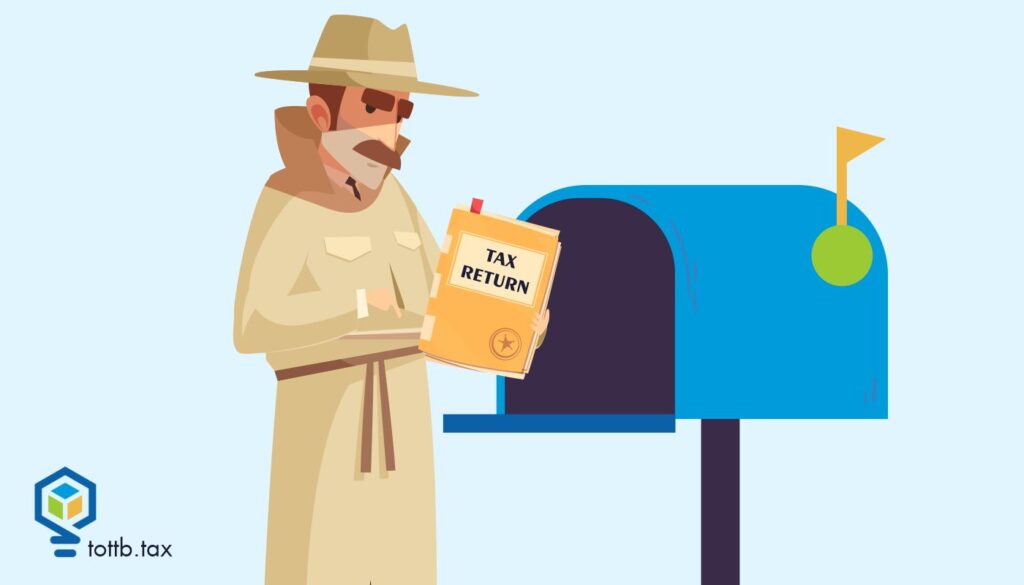Why and How to Fire Clients
Cutting some clients loose is challenging yet vital. You can only hope for so long that a difficult client will improve before you have to make the decision that he or she simply isn’t worth it to your bottom line. Some clients also make it harder to service your good clients – if not risk your reputation and expose you to a malpractice claim. When you consider firing a client, you do have to trust your gut – but some objective measurements can point you to the right decision. Here are the signs of a bad (and potentially bad) client and formulas and tips to tell if you can do without their business.
Why and How to Fire Clients Read More »








